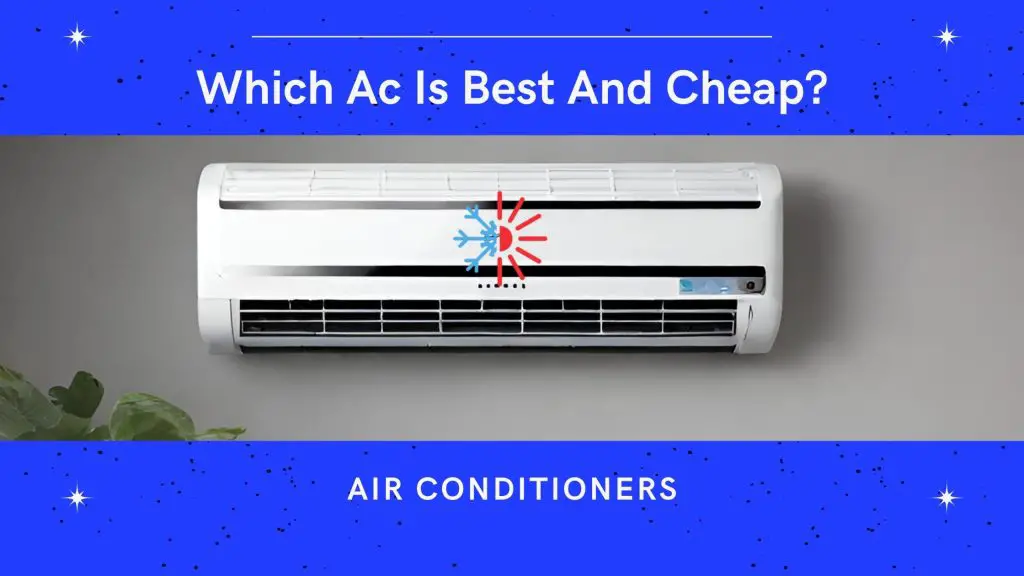When it comes to finding the best and cheap AC unit, there are several factors to consider. The decision-making process can be overwhelming due to the wide variety of options available in the market. However, with careful research and understanding of your specific needs, you can make an informed choice that caters to both your budget and cooling requirements.
The Size of the Room
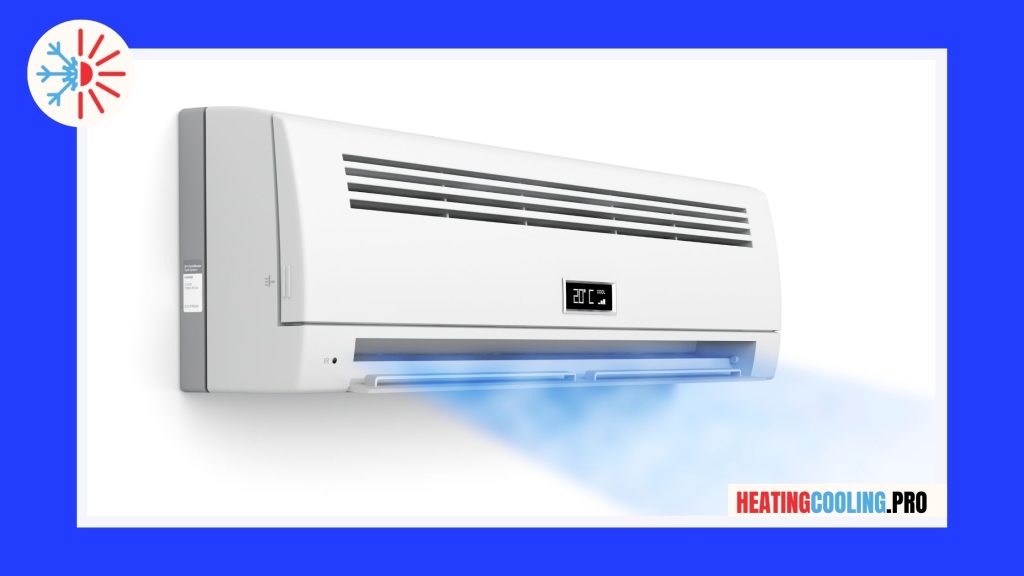
To begin with, it is crucial to determine the size of the room or area that needs to be cooled. This will help you choose an AC unit with the appropriate cooling capacity. AC units are typically measured in British Thermal Units (BTUs), and the higher the BTU rating, the larger the area the AC can effectively cool. On the other hand, opting for an AC unit with a lower BTU rating for a larger space will result in inefficient cooling and increased energy consumption.
Once you have determined the cooling capacity required, you can start exploring different types of AC units. The most common types are window ACs, split ACs, portable ACs, and central AC systems. Window ACs are usually the most affordable option and are suitable for cooling small to medium-sized rooms. Split ACs provide better cooling and are more energy-efficient, but they require professional installation. Portable ACs offer flexibility as they can be moved from room to room, but they tend to be less efficient. Lastly, central AC systems are the most expensive option, but they provide cooling for an entire house.
The Long-Term Cost Of An Ac Unit
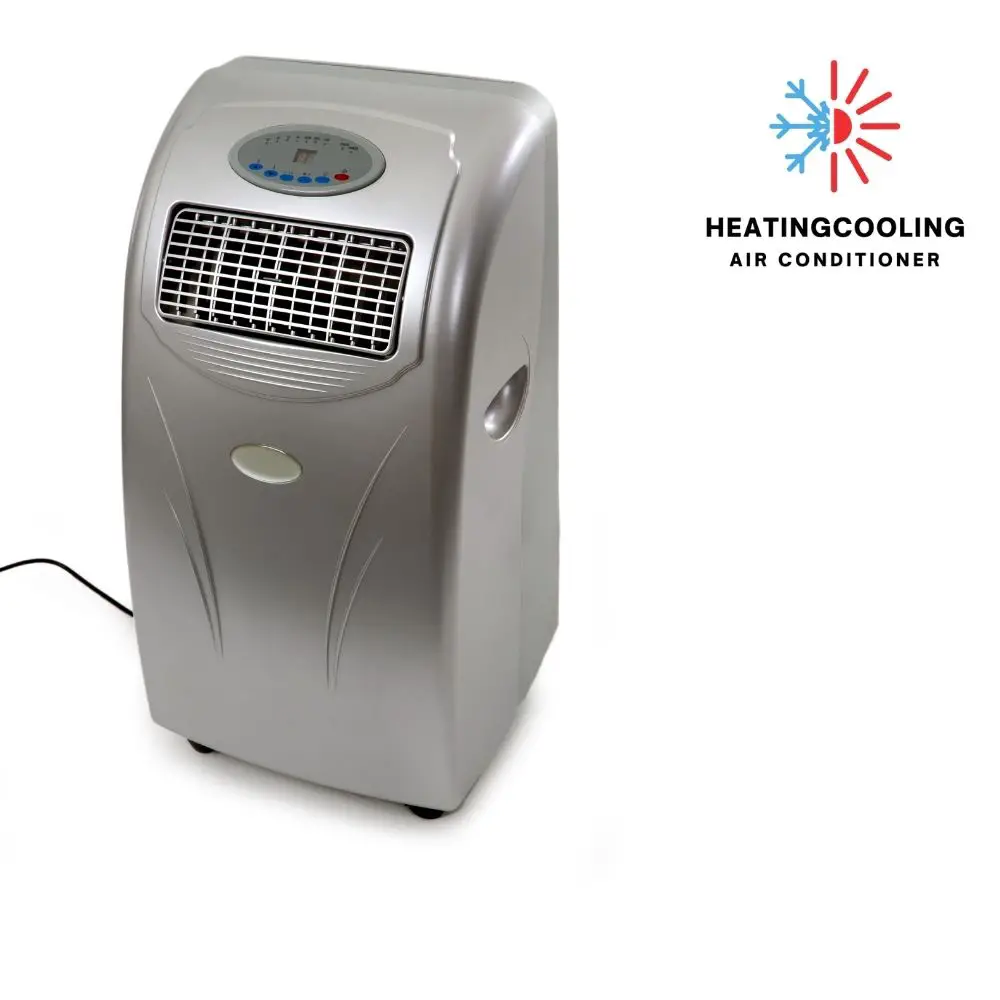
When considering the cost, it is essential to look beyond the initial purchase price. Energy efficiency plays a significant role in determining the long-term cost of an AC unit. AC units with higher energy efficiency ratios (EER) consume less electricity, resulting in lower utility bills. Additionally, look for AC units with features such as programmable timers, sleep modes, and energy-saving settings, as these can further reduce energy consumption.
To find the best and cheap AC unit, it is recommended to compare prices from different manufacturers and retailers. Online platforms and e-commerce websites often offer competitive prices and discounts. However, be cautious of deals that seem too good to be true, as they may indicate poor quality or the absence of warranty and after-sales service. Reading customer reviews and ratings is another effective way to gauge the performance and durability of an AC unit. Look for testimonials from individuals who have used the particular model you are interested in. Pay attention to factors such as noise levels, cooling efficiency, durability, and customer service experiences.
Purchas From Trusted brands
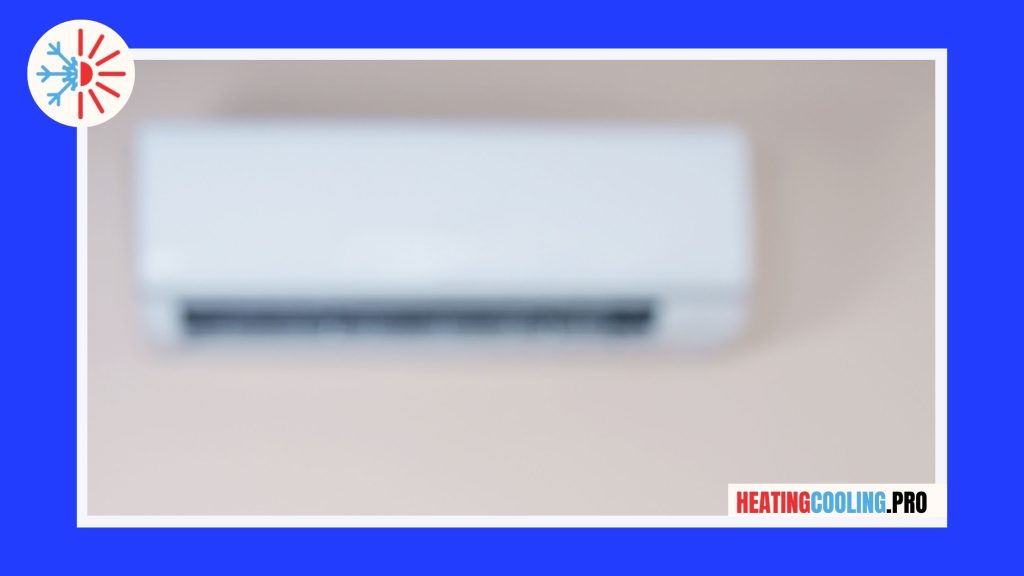
Consider purchasing from reputable brands known for producing reliable and high-quality AC units. Well-established brands often have better customer support, warranty options, and readily available spare parts in case of repairs. While lesser-known brands might offer lower prices, they can be risky as the quality and reliability of their products may be uncertain.
Keep in mind that maintenance and servicing are essential for the longevity and efficiency of your AC unit. Regular cleaning of air filters, checking refrigerant levels, and professional servicing can help maintain optimal performance and prevent costly repairs. Before making a purchase, inquire about the availability and cost of maintenance services for the specific AC unit you are considering.
Should I buy a 3 star or 5 star air conditioner?
The star rating of an air conditioner is an indication of how energy efficient the unit is. A five-star rated air conditioner is going to use less energy than a three-star rated air conditioner, and will likely cost more to purchase. However, the energy savings over time will likely offset the higher purchase price. If you are looking to save on your energy bills, a five-star rated air conditioner is the best option.
What To Look For When Buying A Home Air Conditioner?
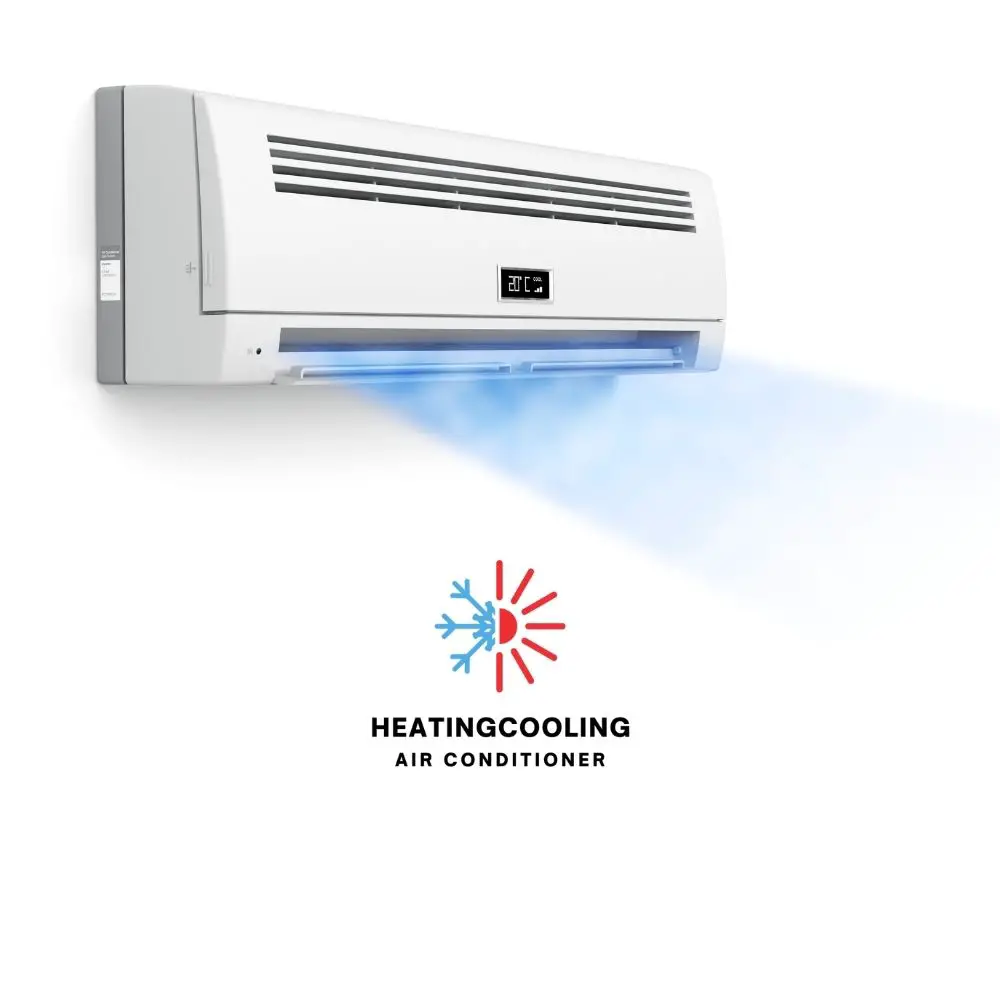
When it comes time to buy a home air conditioner, there are a few things you’ll want to keep in mind. The first is size – you’ll want to make sure you select an air conditioner that’s the right size for your home. You’ll also want to consider the type of air conditioner you want. There are two main types of air conditioners – window air conditioners and central air conditioners. Window air conditioners are installed in a window, while central air conditioners are installed in the ceiling or in the basement. Another thing to consider when buying a home air conditioner is energy efficiency. You’ll want to select an air conditioner that’s Energy Star certified, as this means it meets the government’s energy efficiency standards.
Finally, you’ll want to consider the price of the air conditioner. Air conditioners can be expensive, but there are a variety of ways to find a good deal. You can buy a new air conditioner, or you can buy a used air conditioner. You can also buy an air conditioner online, or you can buy an air conditioner from a store. No matter what you do, make sure you get a good deal on your air conditioner.
How Many Square Feet Will A 2.5-Ton Ac Unit Cool?
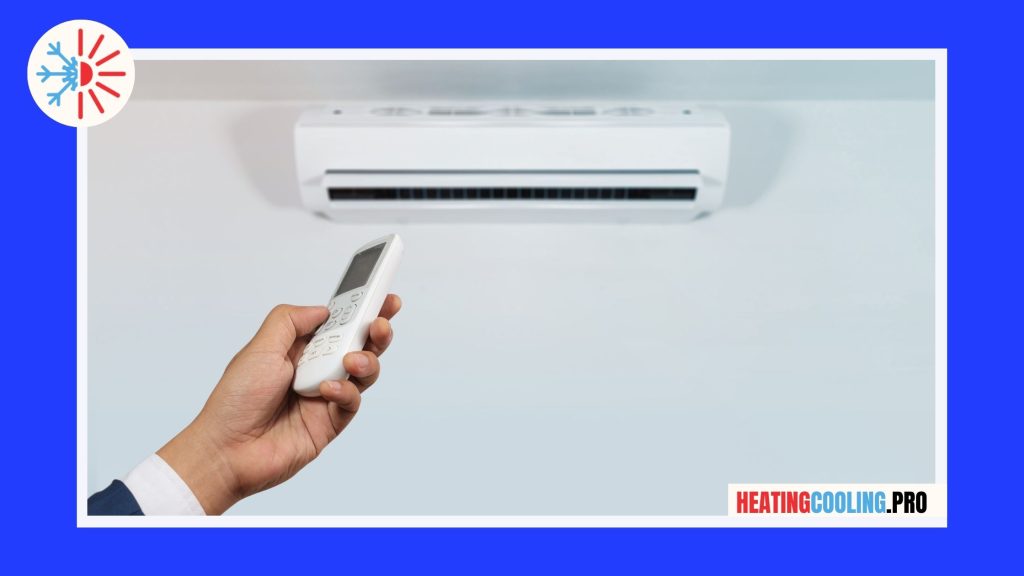
As we mentioned before, the size does matter. The amount of square footage a 2.5-ton AC unit can effectively cool will depend on a number of factors, including the climate, the size and layout of the space, and the insulation of the home. In general, a 2.5-ton AC unit can cool a space that is up to 2,000 square feet. However, in very hot climates, or in homes that are not well insulated, that number may be lower. Conversely, in cooler climates or homes with good insulation, the 2.5-ton AC unit may be able to cool a space that is up to 3,000 square feet.
It is important to keep in mind that the square footage a 2.5-ton AC unit can cool is not the same as the square footage of the home. The AC unit will only cool the space that it is directly exposed to. So, if the home has a lot of windows and is well-ventilated, the AC unit will cool a larger space than if the home has few windows and is not well-ventilated. Additionally, the higher the AC unit’s SEER rating, the more efficiently it will cool the space.
How Big Of A House Will A 2-Ton Ac Unit Cool?
This is a difficult question to answer without knowing more about the specific situation. Air conditioners come in a variety of sizes, so it is important to select the right one for the house in order to get the most efficient cooling. A 2-ton AC unit should be able to cool a house that is around 2,000 square feet, but it is always a good idea to consult with a professional to be sure.
The size of the AC unit is not the only important factor, however. The placement of the unit is also important. The AC unit should be placed in a spot where the air can flow freely around it. If it is placed in a spot where the air cannot circulate, it will not work as efficiently. Finally, it is important to remember to maintain the AC unit. Regular maintenance will help to ensure that the AC unit is working as efficiently as possible.
Is A 3 Ton Ac Too Big For 150square Feet?
The size of your AC unit is determined by the size of your home or office space, as well as the climate of your region. A 3-ton AC unit is too large for a 150-square-foot space, but would be appropriate for a 1,500-square-foot space. When cooling a small space, it is important to choose an AC unit that is appropriately sized for the area. A unit that is too large will cool the space too quickly, resulting in uncomfortable conditions and high energy bills.
A unit that is too small will not be able to adequately cool the space, and will run for extended periods of time, leading to increased energy costs. To find the right AC unit for your space, consider the size of your home or office, the climate of your region, and the amount of insulation in your space. If you are unsure which unit is right for you, consult a professional HVAC technician.
Conclusion
Finding the best and cheap AC unit requires careful consideration of factors such as cooling capacity, energy efficiency, cost, brand reputation, and customer reviews. By taking these aspects into account, you can make an informed decision that meets your cooling needs without breaking the bank. Remember to prioritize long-term savings and reliable performance over short-term affordability.
